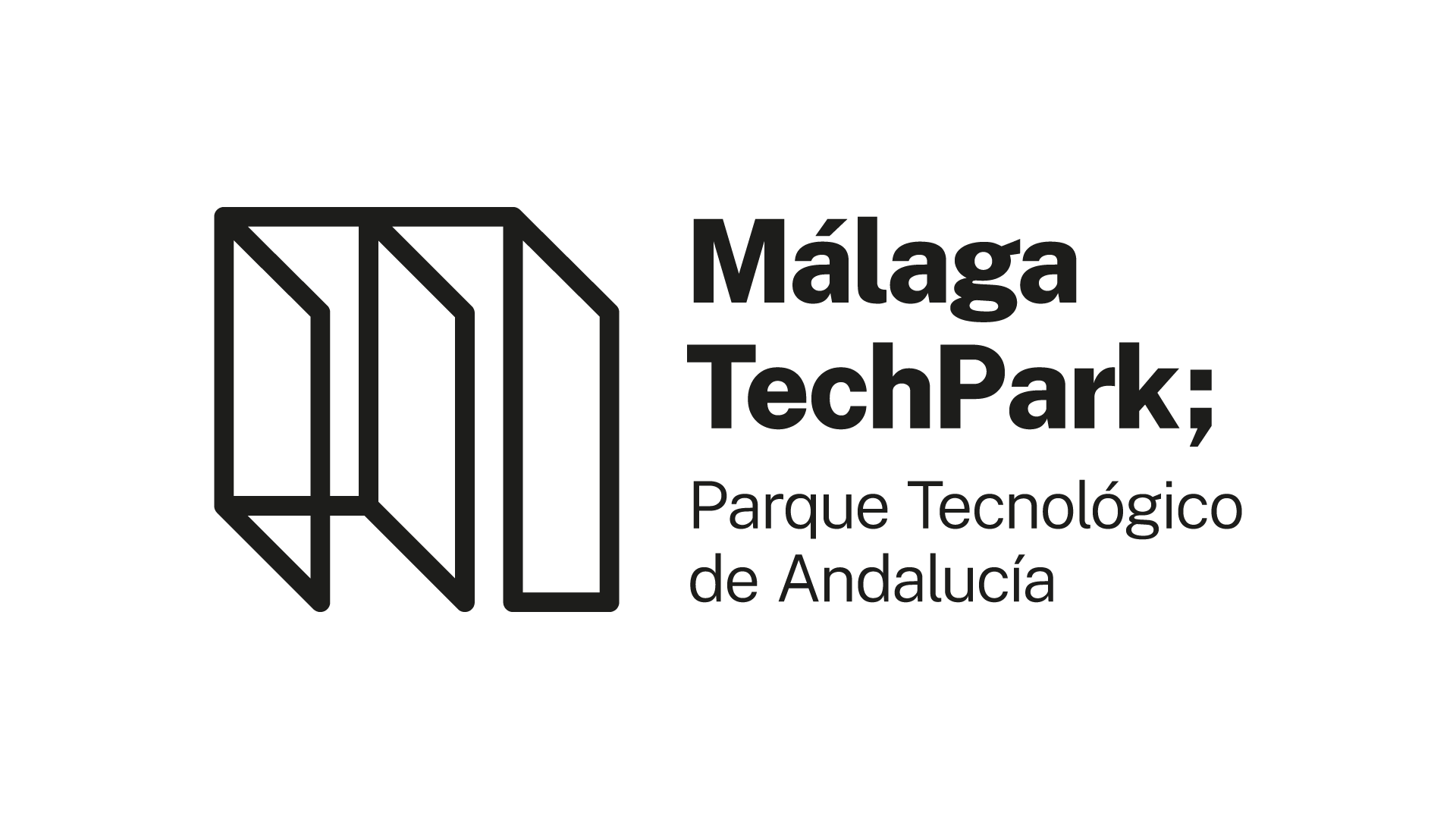-
The Spanish Technological Platform for Disruptive Technologies (DISRUPTIVE) held its 3rd General Assembly today at the facilities of Espaitec, the Science and Technology Park of the University Jaume I of Castellón, which holds the presidency of the platform. This year, the assembly has focused on artificial intelligence due to the great development that this technology has experienced in the last year.
This week took place the 3rd General Assembly of DISRUPTIVE, a technology platform financed by the State Agency for Research, under the Ministry of Science and Innovation. The most significant achievements of DISRUPTIVE were presented at this meeting, reflecting the impact and sustained growth of the platform in its third year of activity.
Juan Antonio Bertolín, director of Espaitec and president of DISRUPTIVE, opened the assembly along with Felipe Romera, president of APTE, Lluís Martínez, director of Scientific Dissemination and Citizen Science of the University Jaume I of Castellón and Ainhoa Morata, head of the Science and ICT Area of the State Agency for Research who highlighted that, from 2006 to 2022, the number of projects in which Artificial Intelligence is directly or indirectly related has increased by 800%.
With the participation of experts such as Alberto Iglesias, director of Disruptors + Innovators of El Español and Ismael Sanz Blasco, professor in the area of Computer Science and Artificial Intelligence at the UJI and co-founder of SemanticBots S.L., an enriching dialogue was opened on the past and future of this technology and its informative treatment by the media. During their interventions they talked about the new scenery that comes with the approval of the regulatory framework for AI at European level, the future appearance of open source models, beyond those that are trendy now. It was also mentioned the need to focus on energy sustainability in the use of technology and data generation, since data is limited and it is not possible to have real models with synthetic data.
This reflection on the opportunities and barriers of AI was evident in two round tables, one of them focused on the application of AI in the management of innovation ecosystems such as science and technology parks, in which the speakers, Felipe Romera and Juan Antonio Bertolín, agreed that AI can be used to structure an innovation ecosystem, the ultimate goal of science and technology parks. According to Juan Antonio Bertolín, at the local level, science and technology parks can use AI to generate value-added services such as identifying potential collaborations between companies and R&D entities. At the national level, Felipe Romera explains that AI can help to promote large collaborative projects, much easier to develop with structured ecosystems, which can transform the national innovation ecosystem.
In the round table focused on the future opportunities of AI, Toni de la Prieta, head of the Advanced Technology Center in Spain at Accenture, Mª Teresa Linaza, director of Promotion and Institutional Development at Vicontemch, Coqui García, CTIO at Hiades Business Patterns S.L. and Carlos M. Travieso – González, professor and director of the Department of Signals and Communications at the University of Las Palmas de Gran Canaria, have presented different real use cases of how AI is currently being applied in the port area and the medical field for screening and detection of breast cancer, or the prediction of energy for a more efficient use of it and reducing the use of fossil fuels. Toni de la Prieta insisted on the importance of focusing on ROI when applying AI in business.
The possible consequences of the recent approval of the regulatory framework of the AI Act, the Artificial Intelligence Act, were also made clear during the assembly, highlighting the need to balance this regulatory framework so it does not slow down the transfer of knowledge and technology from the academic world to the business world and thus promote innovation, competitiveness and Spanish leadership in this disruptive technology.
Soledad Díaz and Ana Ortiz, on another note, presented a summary of the organization’s achievements and activities, highlighting the aim of further humanizing the technology platform.
The organization has experienced remarkable growth, with an increase of 21.85% over the previous year, the number of members went up to a total of 619 in 2023. In terms of digital reach, DISRUPTIVE has achieved 17,344 visits on its website, with a 37% increase in active users. In total, the platform has achieved more than 22,000 digital impacts in 2023, demonstrating the strength and attractiveness of its content and services.
Innovations in communication and member service have been noteworthy this year, with the implementation of direct channels such as WhatsApp and the weekly newsletter with an agenda of events, news on disruptive technologies and calls for R&D&I grants. These tools have been essential to improve the user experience and to provide more personalized and efficient content.
With 1,060 people registered in events and 690 live participants, as well as 752 views on YouTube, DISRUPTIVE events have been a resounding success. Moreover, 31 B2B meetings have fostered fertile ground for future collaborations and strengthened the professional network.
The 3rd General Assembly was a clear demonstration of DISRUPTIVE’s commitment to technological progress and service to the community of experts committed to digital transformation and technological leadership.
The day was closed by David Cabedo, Vice Rector for Innovation, Transfer and Scientific Dissemination of the University Jaume I of Castellón, along with Felipe Romera and Juan Antonio Bertolín.
For more information:
About DISRUPTIVE
DISRUPTIVE is a key platform in the promotion of digital transformation and the application of disruptive technologies in Spain. Under the secretariat of APTE, the Association of Science and Technology Parks of Spain, DISRUPTIVE boosts innovation in areas such as blockchain, cybersecurity, artificial intelligence, big data, 5G and quantum computing. Its focus on collaboration between companies, academic and research entities, supported by the State Agency for Research and the Ministry of Science and Innovation, has established DISRUPTIVE as a featured player in the technological innovation ecosystem.

